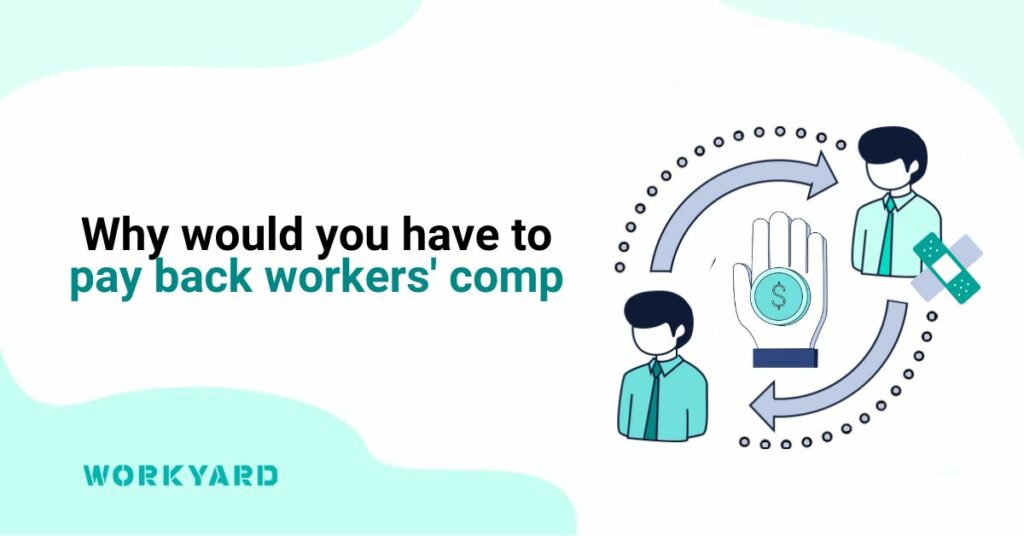Navigating the intricacies of workers’ compensation can be daunting, especially when confronted with the possibility of having to repay benefits. The question arises: Why would you have to pay back workers’ comp? Let’s dissect the underlying reasons.
Fraudulent Claims and Overpayments
One of the primary catalysts for repayment revolves around fraudulent claims or overpayments.
- Fraudulent Claims: If investigations reveal that you secured workers’ comp benefits through deceit—such as misrepresenting the extent of your injury or concealing employment—you may face an obligation to reimburse the received funds. Engaging in such deceptive practices compromises the integrity of the system and can lead to severe penalties.
- Overpayments: At times, administrative errors or changing circumstances can result in overpayments. For instance, if you return to work or your medical condition improves, but benefits continue unabated due to oversight, you might be required to repay the excess funds. These overpayments necessitate reconciliation to ensure fairness and accuracy in benefit disbursement.
Legal and Ethical Implications
Beyond the financial aspect, the need to repay workers’ comp carries legal and ethical ramifications.
- Legal Consequences: Failing to address repayment obligations can escalate into legal challenges. Employers or insurance providers may initiate legal proceedings to reclaim disbursed funds, potentially leading to court involvement, fines, or other punitive measures.
- Ethical Considerations: Repaying workers’ comp aligns with ethical standards, fostering transparency and accountability. By acknowledging overpayments or fraudulent claims, you uphold the integrity of the compensation system, safeguarding resources for genuinely deserving individuals.
In conclusion, the need to repay workers’ comp emanates from various factors, including fraudulent claims and overpayments. By adopting a proactive approach, you can navigate potential challenges diligently, ensuring compliance with regulations while safeguarding your interests and reputation.

